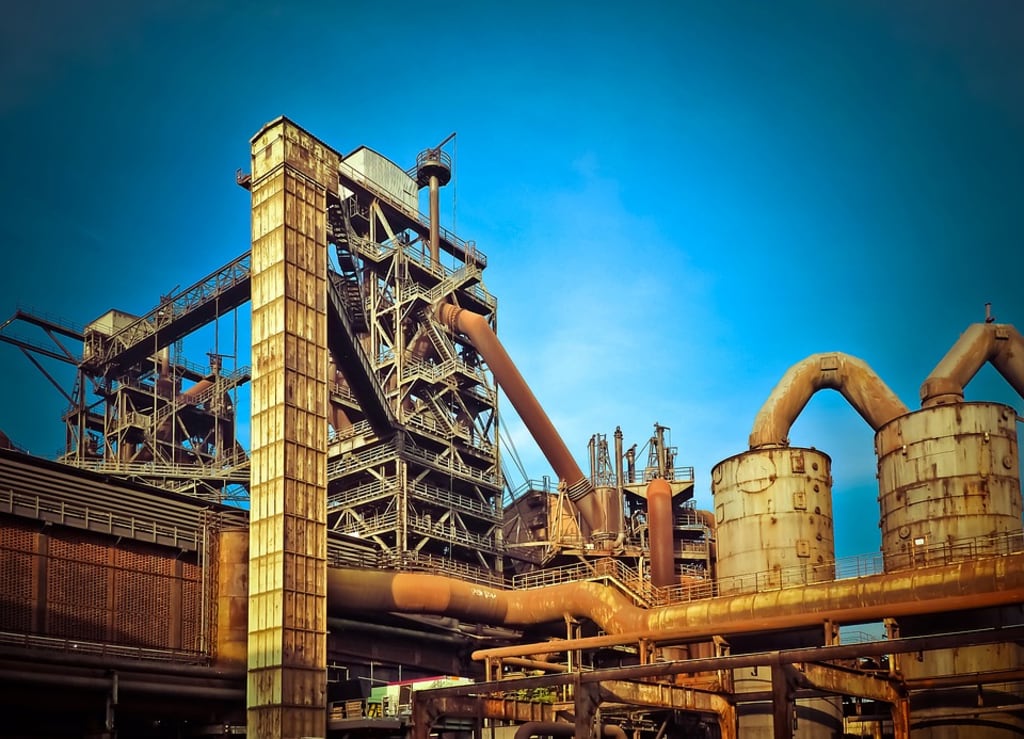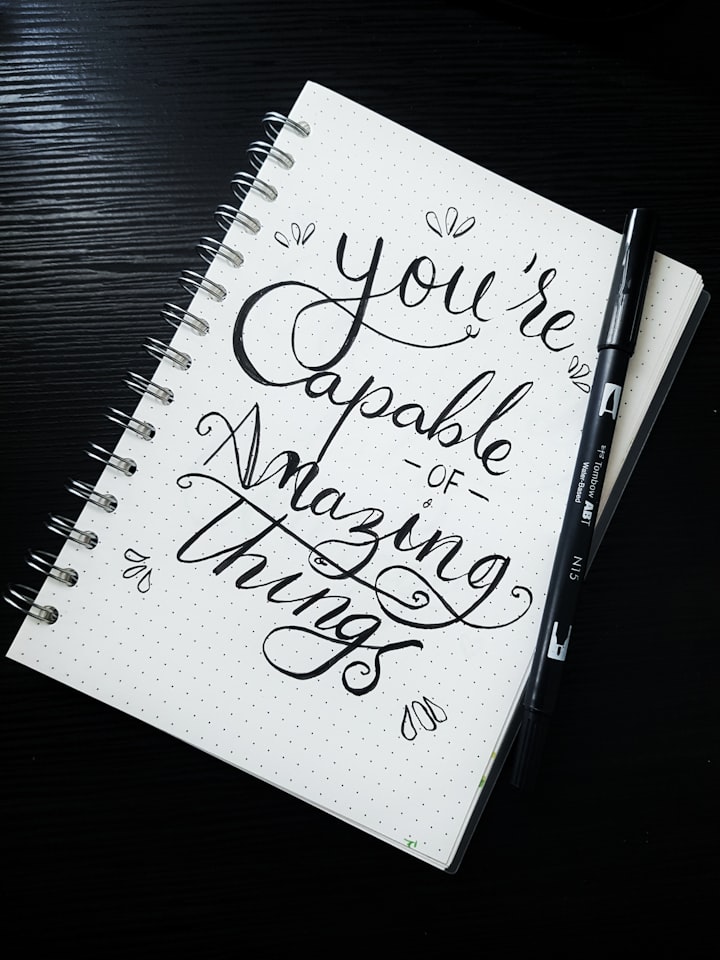Best Ways to Reduce Water Wastage in Industries
Ways through which industries can save water by reducing water wastage

Water is an essential part of doing business for most of the industries. Since the industries use a lot of freshwater for their processes, it becomes imperative for them to conserve it by reducing their water wastage.
There are numerous benefits of saving water consumption in the industries, and one of the most significant benefits is the reduction in the operation costs. In a world of limited resources, the industries need to use energy-efficient technology and innovation to reduce water consumption and limit operational costs.
The initial step in conserving water in your industry is about analyzing the current water wastage. You can do this through a water audit, or you can check your past water bills. An audit will help you reveal areas in operation that have high water consumption by establishing baseline water usage data.
After knowing the state of water usage, the industry can set specific and measurable goals for saving water consumption in the future. Creating awareness amongst employees about water usage can also be a game-changer for most of the industries. Some of the water-saving tips for industries are:
Reusing Non-Potable Water: One of the best ways for water conservation is reusing the water leftover from one sector into another sector. Once the work is completed in one sector, the industry can reuse the water in another sector. Doing this ensures water conservation as instead of throwing the water used by one sector, the industry is utilizing it in the other sector.
For example, the industries can reuse the water used for landscaping by filtering it with processes like bod removal and using it again for cleaning or cooling industrial equipment. The industries have to make steps and accommodate the usage of water in different ways to conserve water.
Educating The Employees: It is the responsibility of the industries to make their employees aware of the importance of conserving water by reducing wastage. The industries can also ask their employees for innovative ideas to conserve water. They can give awards or rewards to employees who contribute with great ideas for water conservation.
Apart from that, the industries can talk to their employees about water-saving initiatives. They can also incorporate policies and procedures for preserving water in the induction programs for employees. Doing all this will help the industries in generating more ideas for water conservation and will also make the staff aware of the consequences of water wastage.
Replacing Outdated Equipment: While preserving water in the industries, it becomes imperative for the industries to replace its water-consuming equipment with types of equipment having water-saving technology. This may sound like a big investment for the industries, but it is not if the industries look at the long term benefits of replacing the equipment.
The industries can also invest in dry equipment that does not require water. The replacement cost would not be as high as the water bills paid by the industries. Therefore, planning wisely about replacing the equipment with energy-efficient technology or dry equipment can help the industries to both save water and money.
Monitoring the Cleaning Processes: The process of cleaning in the industry is a big task that requires a lot of water. The industries need to plan out well about replacing the techniques used for cleaning that use water with dry alternatives. There are many dry alternatives available for cleaning the industries. The industries can consult their employees for ideas to completely remove water from cleaning purposes and look for ideas that promote cleaning inside the industries with dry alternatives.
For example, vacuuming before water-based methods can reduce water wastage without increasing the infrastructure costs. The industries need to analyze the requirements and make the required changes. If the industries start making the changes in their cleaning mechanism, they will save an amusing amount of water.
Routine Checks: One of the best ways to monitor the usage and wastage of water is through routine checks. Routine checks help the industries to get an estimate about the water usage on a day to day basis. The Industries can perform routine checks by installing water monitors, water pressure meters, water flow meters, etc. These equipment are very beneficial for getting an idea about water management inside the industries. It can also help the industries to know where water usage is more.
Once the industries get to know about the types of equipment that use more water and cause water wastage, the industries can make arrangements for replacing that equipment with more efficient equipment. Since there are plenty of alternatives available, the industries can easily find a replacement for the equipment that they want to change.
Today, there are advance technologies available for better water management.
For eg, IOT (internet of things) technology is used for wastewater management. It has now been put into effect in four states of the U.S.
Start Rainwater Harvesting: The best way for industries to store water is through Rainwater Harvesting. Rainwater Harvesting involves capturing the rainwater on the roof of the building or some hardstand area. Once the industries store the rainwater, they can treat it and use it for their daily work.
The industries can install rainwater harvesting systems at their locations and store the water in large tanks. The usage of the collected rainwater is on-demand through pumps and automation systems. The treatment of the stored rainwater removes all the dust, acid, and impurities from it and makes it safe for use in the day to day operations. This is a very simple yet efficient step in conserving water in the industries.
It is the duty of the industries to make the required changes in their system to make sure that they save as much water as they can. These are six simple steps that can make a lot of difference if the industries follow them. The industries should keep in mind the benefits of conserving water and, therefore, should follow the required steps to preserve it.





Comments
There are no comments for this story
Be the first to respond and start the conversation.